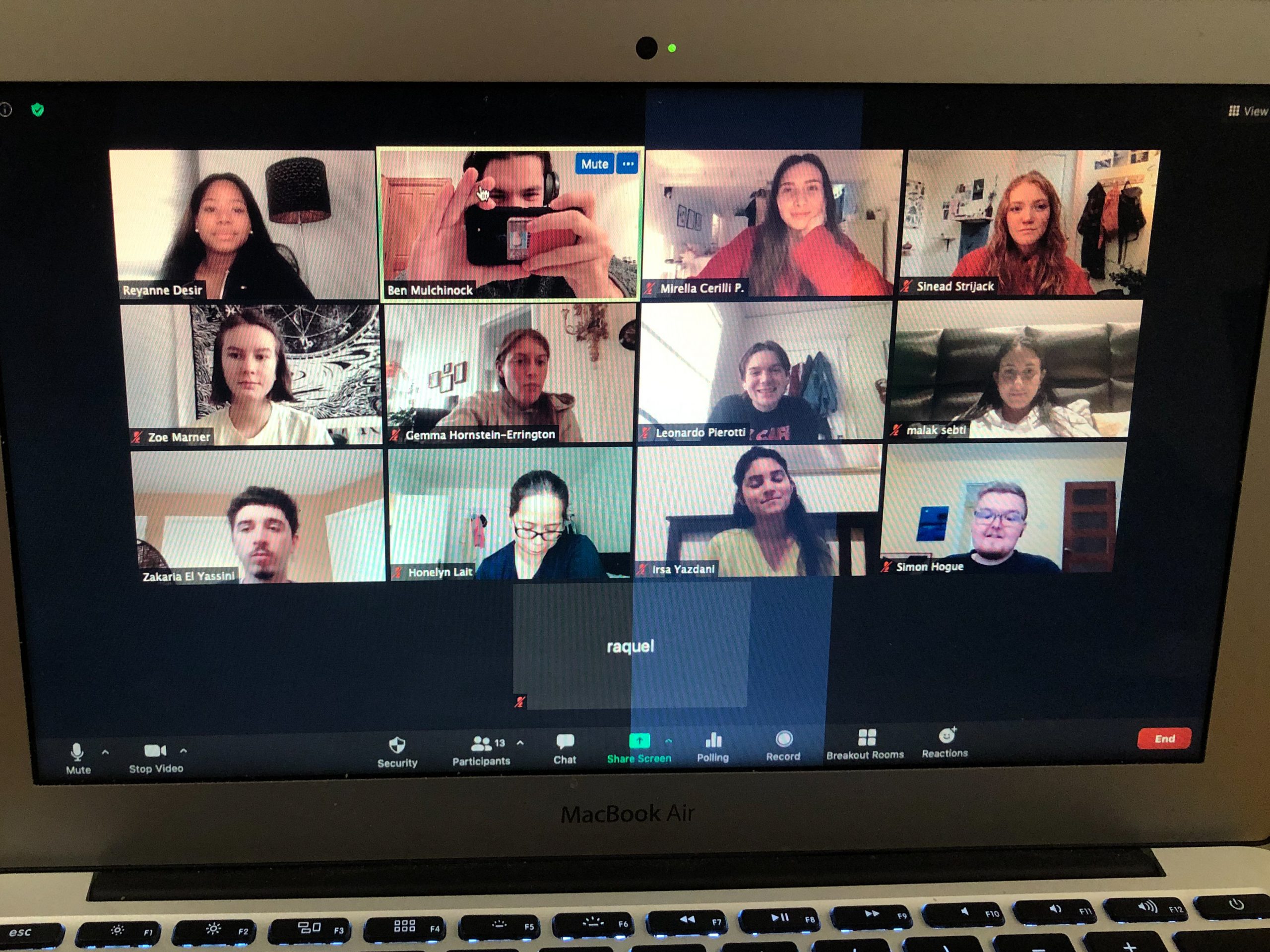It’s tricky to make rap music independently. Sell too many records and your credibility is gone; sell too few and you need a day job. And then you might only be popular because you’re not signed to a major label.
Drew Friedman, better known as Dru Ha, co-founder of the New York-based independent rap label Duck Down Records, doesn’t care what hip-hop purists think.
“Indy is a way, but not the way,” said Friedman. “We do this indy because this is what we’re dealing with and it’s better than doing nothing.”
Friedman and Black Moon’s Buckshot founded Duck Down in 1994, “the beginning of the era where producers and hot artists were getting label deals to have total control over their product and vision,” he said. Running their own imprint, distributed first by Nervous Records, then by Priority Records, allowed them to circumvent “having to seek out deals and be salesmen for every project we wanted to introduce.” Between 1994 and 96, Duck Down introduced the groups Smif N Wessun, Heltah Skeltah and OGC, who, along with Black Moon, formed Boot Camp Clik, the name with which the label became eponymous, to critical and commercial success. These groups, said Friedman, “all offered something original.and fit into what we were doing.”
But by the late 90’s the “boom bap [New York] hip-hop” Friedman and his collective were doing was incongruous with the mainstream, which continues to be dominated by Southern-produced bounce rap.
Because Duck Down was reticent to compromise its sound, it “lost the ability to hit the younger generation because we’re not afforded the same opportunities at radio and with the video outlets,” said Friedman.
“We’ve retained our original fan base. Well, at least those that still follow music and purchase it they way they did when they were younger.”
Friedman, however, does not look askance at 90’s-era New York rappers who have tweaked their sound to maintain mainstream appeal. “I’m not mad at any of those artists,” he said, citing Fat Joe, a rapper whose work with Southern producers brought mixed reactions from stalwart fans. “I actually admire their effectiveness to get it done.” Duck Down, said Friedman, “is still fighting for existence and relevance in the game.”
“If we make music that’s ‘out of character’, reviewers say we’re trying too hard to fit in,” he said. “When we give them what we do best, it’s categorized as 90’s music, and I think that’s disappointing.” So Friedman recognized that his label caters to a niche audience. “We rely on every [record] sale to survive,” he said. And sales are further limited by a fan base who are “heavily active on the Internet.” Downloading, he said, is “not only hurting us from the standpoint that we lost the sale but also for the fact that the demand in retail stores has just been negated.”
Still, independent distributors like Koch Records, to which Duck Down was signed from 2002 until 2005, claim to pay artists $8 a record, leading them to believe they needn’t sell as many records as their major-label counterparts to reap the same profits. Friedman dismissed such claims.
“Records need to be manufactured, marketed, promoted, sold to retail,” he said. “Ask [those artists] what they netted.”
Which is why Friedman is open to dealing with a major label. “I would never front, though,” he said, “and say that if we could land a Sean Price [type of artist] on a major situation and get those recording, marketing, and retail budgets where they need to be in order to be competitive; that I would turn that down.”
No matter what the purists think.




Comments are closed.